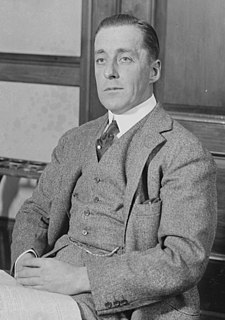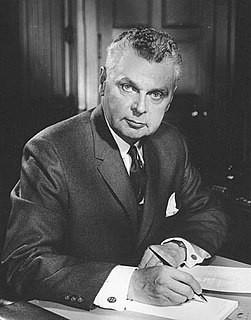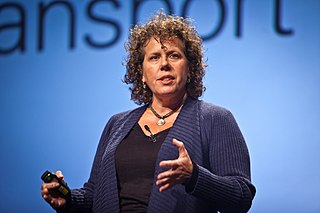A Quote by Angela Merkel
Free access to the single market will be granted to a country which accepts the four fundamental freedoms of movement of people, goods, services, and capital.
Related Quotes
We must continue to liberalise the single market, cut red tape and basically create a digital single market. We have not completed the single market yet, there is not sufficient free movement of goods, labour, services and money. We have to keep on working at that against all the protectionist tendencies that we have right now.
I have read a great deal of economic theory for over 50 years now, but have found only one economic "law" to which I can find NO exceptions: Where the State prevents a free market, by banning any form of goods or services, consumer demand will create a black market for those goods or services, at vastly higher prices. Can YOU think of a single exception to this law?
It [the free market] is an organizational way of doing things, featuring openness, which enables millions of people to cooperate and compete without demanding a preliminary clearance of pedigree, nationality, color, race, religion, or wealth. It demands only that each person abide by voluntary principles, that is, by fair play. The free market means willing exchange; it is impersonal justice in the economic sphere and excludes coercion, plunder, theft, protectionism, and other anti-free market ways by which goods and services change hands.
If business is going to continue to sell through the decades, it must also promote an understanding of what made those products possible, what is necessary to a free market, and what our free market means to the individual liberty of each of us, to be certain that the freedoms under which this nation was born and brought to this point shall endure in the future ... for America is the product of our freedoms.
We are so accustomed to the miracle of private enterprise that we habitually take it for granted. But how does private industry solve the incredibly complex problem of turning out tens of thousands of different goods and services in the proportions in which they are wanted by the public? ... It solves these problems through the institutions of private property, competition, the free market, and the existence of money - through the interrelations of supply and demand, costs and prices, profits and losses.
In the whole history of capitalism, no one has been able to establish a coercive monopoly by means of competition in a free market...Every single coercive monopoly that exists or ever has existed...was created and made possible only by an act of government...which granted special privileges (not obtainable in a free market) to a man or a group of men, and forbade all others to enter that particular field.










































